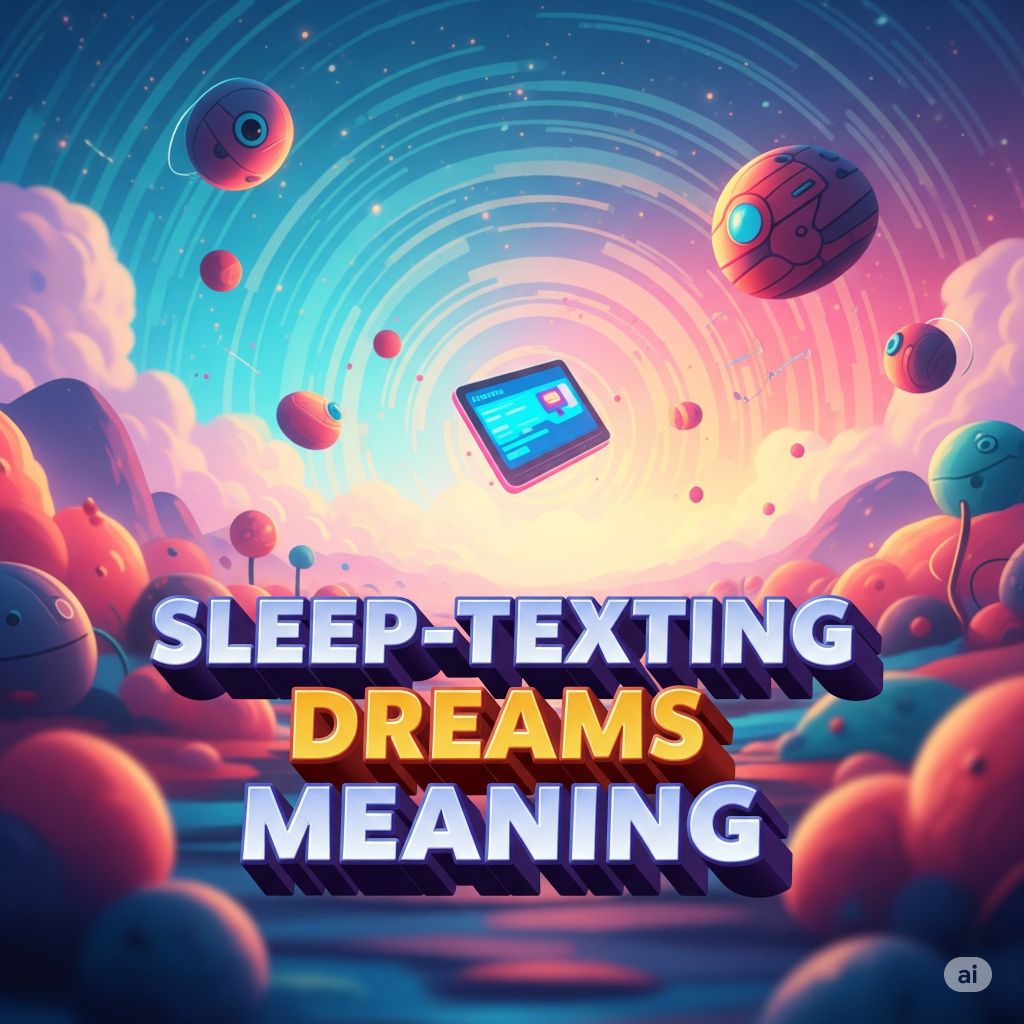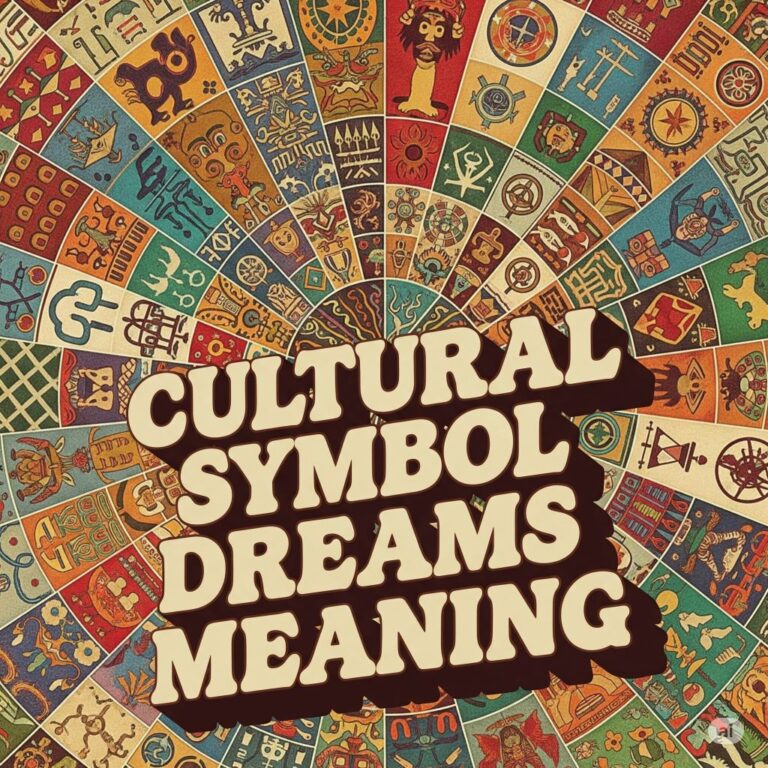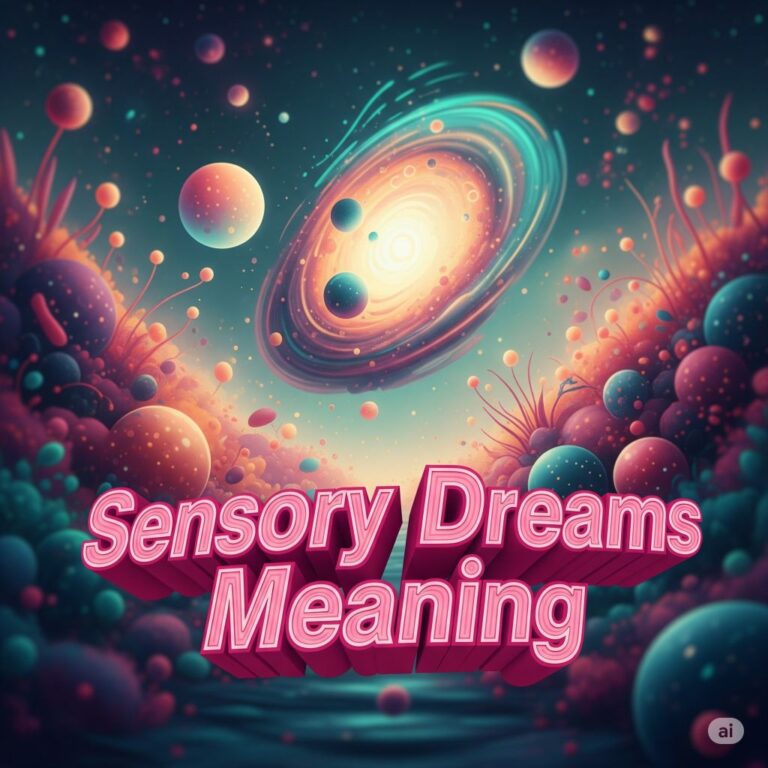
Here’s a detailed look at Sleep Texting Dreams—what they are, why they happen, what they mean, and their significance from scientific, psychological, and real-world perspectives.
What Is Sleep Texting?
Sleep texting combines two phenomena:
- Dreaming about texting: Where you experience sending or receiving texts as part of your dream narrative.
- Actual sleep texting: Where, during a state of partial arousal (not fully awake), you physically operate your phone and send real messages—often unconsciously—with no memory afterward.
Both involve the blending of modern technology with our subconscious, and both are increasing with younger, smartphone-reliant generations.
Psychological and Scientific Meaning
1. Dreaming of Texting
- Reflects Everyday Life:
Texting is now a primary way to communicate, so when you dream about texting, your brain is integrating common daily activities. - Communication Anxiety:
Dreams about sending the wrong message, not getting replies, or texting someone unexpected may mirror social worries, fear of missing out, or interpersonal concerns. - Unfinished Business:
You may “text” in a dream to resolve arguments, confess feelings, or seek closure you haven’t achieved in waking life.
2. Actual Sleep Texting (Parasomnia)
- Sleepwalking’s Digital Cousin:
Like sleepwalking, sleep texting occurs in a state between sleep and wakefulness, often during partial arousal from non-REM sleep. During this brief state, the brain can control motor functions and perform habitual actions like texting. - No Memory Afterwards:
The sleeper has no conscious memory of sending the messages, often discovering strange, nonsensical, or embarrassing texts in the morning. - Triggers:
Sleep deprivation, stress, frequent phone use before bed, and irregular sleep schedules make sleep texting more likely.
Symbolic and Subconscious Interpretations
- Difficulty Disconnecting:
Dreaming of texting—or actually doing it while asleep—may symbolize being too “plugged in” or unable to set boundaries in modern communications. - Reaching Out:
Dream texting might symbolize a desire to connect, apologize, or communicate with someone important in your emotional life. - Processing Emotions:
If the dream texts are intensely emotional, your mind may be processing feelings too difficult to confront when awake.
Real-World Impact and Risks
- Misunderstandings:
Unintentionally sent sleep texts can confuse contacts, cause embarrassment, or even result in accidental confessions or arguments. - Privacy & Security:
Personal or sensitive information could be unintentionally shared. - Sleep Disruption:
Keeping a phone by your bed encourages fragmented sleep and prolongs nighttime alertness. - Health Concerns:
Sleep texting is associated with poor sleep hygiene and can indicate underlying sleep disorders or high stress.
Who Experiences Sleep Texting?
- Younger People:
Teens and young adults, especially those highly attached to their phones. - Stressed Individuals:
Those under pressure, with erratic sleep schedules and constant digital interruptions. - People with Sleep Disorders:
If you have a history of parasomnias (like sleepwalking), you may be more susceptible.
Tips to Prevent Sleep Texting
- Establish a Phone-Free Zone:
Leave your phone outside your bedroom or across the room from your bed. - Wind Down Before Bed:
Develop a calming nighttime routine to signal your brain to shut off. - Limit Screen Time:
Avoid screens for at least 30–60 minutes before sleeping. - Use “Do Not Disturb” Mode:
Silence notifications and set up automatic nighttime schedules to reduce temptation. - Sleep Hygiene:
Regular sleep schedules, a cool, dark room, and avoiding stimulants all help reduce parasomnias.
Sleep Texting in Dreams: Common Scenarios
- Texting a Crush or Ex:
May indicate unresolved longing, regret, or the wish to reconnect. - Apologizing or Arguing:
Symbolizes a need for reconciliation or the processing of conflict. - Sending the Wrong Message:
Reflects anxiety about mistakes, embarrassment, or revealing something private. - Receiving Important News:
Processing anxiety or anticipation about future events or relationships.
Is Sleep Texting Dangerous?
Sleep texting is generally not dangerous physically but can cause stress, confusion, and relationship challenges. If it happens frequently or is part of other disruptive sleep behaviors (like sleepwalking), it’s worth discussing with a medical professional.
Summary
Sleep texting dreams—whether purely mental or physically enacted—reflect our deep technological integration and often signal underlying stress, difficulty disconnecting, or emotional processing.
Managing your tech use and sleep habits can reduce the risk, helping you get more restorative, dream-rich sleep—and fewer digital surprises in the morning!
If you’re regularly sleep texting, consider it a sign your sleep hygiene needs attention and maybe try “unplugging” more before bed.






